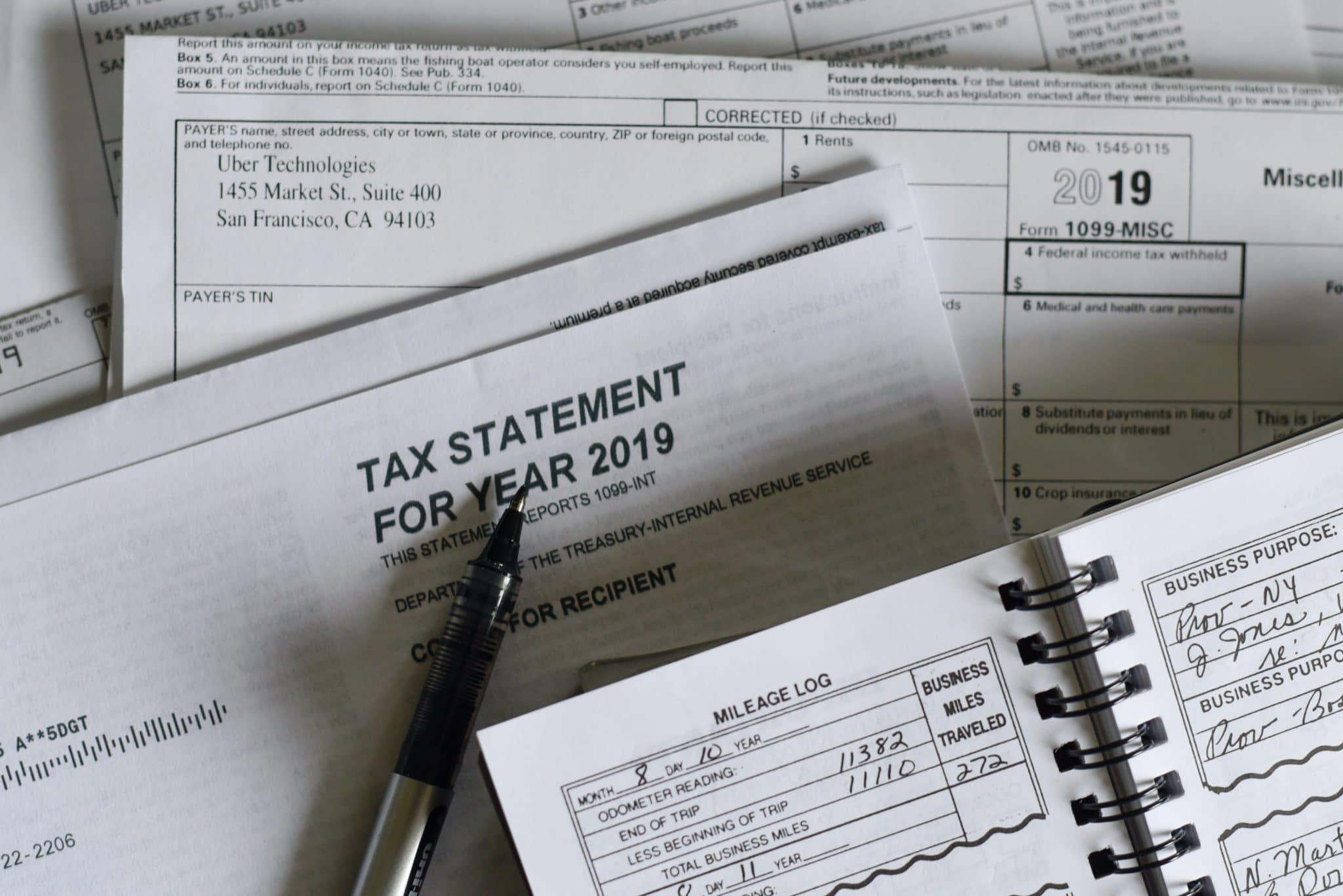The Internal Revenue Service (IRS) provides several tax benefits for homeowners, reducing ownership costs and even putting money back in your pocket. In this blog post, expert Ian Andrews discusses five of the most common and helpful tax benefits available to homeowners.
Mortgage Interest Deduction
Homeownership comes with many financial benefits, and one of the most prominent is the mortgage interest deduction. This allows homeowners to deduct a portion of their mortgage interest from their taxable income at the federal level.
Depending on individual circumstances, this can mean saving thousands of dollars in yearly taxes. It’s a great way to reduce the total mortgage cost while incentivizing more people to become homeowners and contribute to local economies.
The mortgage interest deduction is available on mortgages up to $750,000 and applies to both primary residences and second homes. Remember that not all mortgage loans qualify for this deduction; only certain types of loans backed by government-sponsored entities such as Fannie Mae or Freddie Mac are eligible.
Property Tax Deduction
Many people are surprised to learn that they may be eligible for a property tax deduction on their income taxes. Property taxes can add up quickly, and by taking advantage of this deduction, many homeowners can recoup some of their hard-earned money back.
You must meet specific criteria to qualify for the deduction, including owning the property for at least two years before filing your taxes. You must also use the property as a personal residence or a business investment.
A property tax deduction allows you to deduct the property taxes you pay each year from your taxable income. The amount you can remove depends on your home’s value and the local rate for property taxes in your area. You must itemize your federal tax return deductions instead of taking the standard deduction to qualify for this deduction.
Capital Gains Exclusion
The capital gains exclusion can provide an invaluable tax break if you’re a homeowner looking to sell your property. This provision allows sellers to exclude part of their total profits when calculating taxable income from their sales. Depending on the deal’s specifics, it may be possible to reduce their taxable income by hundreds or even thousands of dollars.
When you sell your home, you may be able to exclude up to $250,000 ($500,000 if married and filing jointly) in capital gains from being taxed. To qualify for this exclusion, you must have lived in the home for at least two out of the five years before it was sold and have yet to use this exclusion within two years prior.
Remember that any excess gain over these amounts may still be subject to taxation depending on other factors, such as depreciation taken during ownership or rental use during ownership.
Home Office Deduction
If you work from home regularly, you may be eligible for a home office deduction when filing yearly taxes. This deduction allows taxpayers who work from home regularly—for either business or personal purposes—to deduct part of their rent or mortgage payments and utility costs associated with maintaining their workspace from their taxable income each year.
To qualify for this deduction, taxpayers must meet specific requirements outlined by the IRS, including having a dedicated space within their residence used exclusively for business purposes. More than half of their time spent working away from an employer’s physical location must be in that workspace.
Energy-Efficient Home Improvements Credit
Homeowners looking to make their homes more energy efficient may be eligible for a federal tax incentive in the form of an Energy-Efficient Home Improvements Credit. This credit rewards homeowners who invest in energy-saving upgrades by lowering their overall taxable income, helping them save money while reducing their carbon footprint.
Homeowners could feel good knowing that they are making their homes more eco-friendly and economical at the same time. To claim this credit, homeowners must ensure that their improvements meet specific qualifications when installing new appliances such as heating and cooling systems, roofing materials, windows, or even insulation.
This credit equals 10% (up to $500 total) off qualifying improvements made over one year. It is available on both primary residences and second homes used as rental properties or vacation homes (provided they are not rented out more than 14 days per year).
Final Thoughts
Expert Ian Andrews knows that owning a home has profound financial benefits when it comes time to do your yearly taxes! From deductions on mortgage interest payments and property taxes down to credits towards energy-efficient upgrades – taking advantage of these incentives can save you money! So if you’re looking for a way to save some money at tax time – consider investing in your piece of real estate today!

















0 Comments